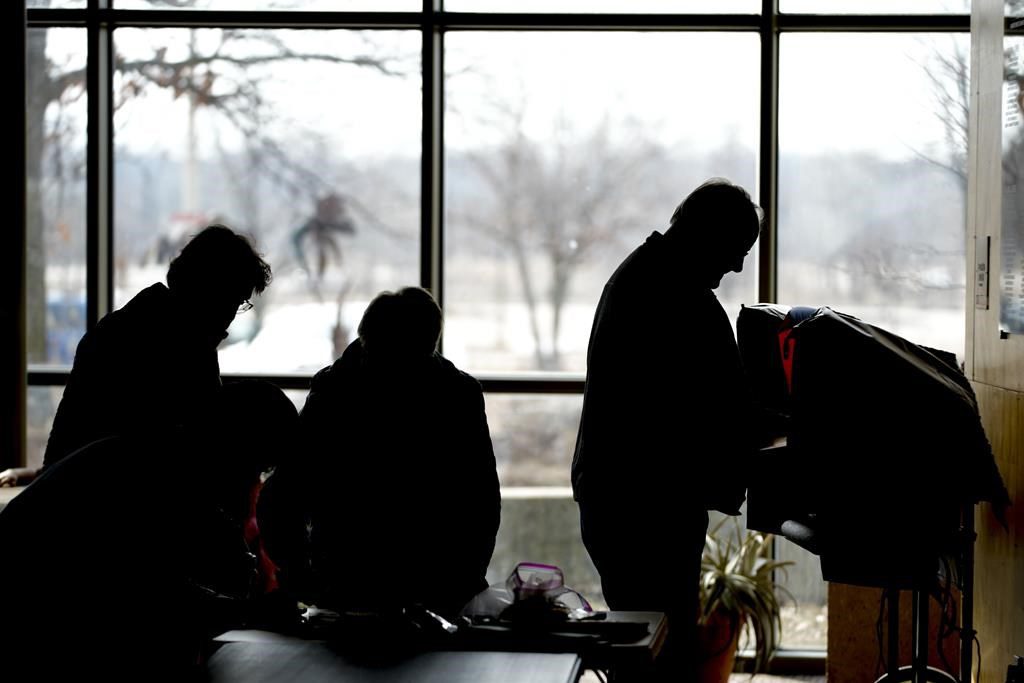MADISON, Wis. (AP) — Wisconsin voters on Tuesday were deciding on two Republican-backed constitutional amendments, one of which would ban the use of private money to run elections in reaction to grants received in 2020 that were funded by Facebook creator Mark Zuckerberg.
The other proposal would require that only election officials designated by law can administer elections. That is already the law, but adding that language to the Wisconsin Constitution would make it harder to repeal.
Democrats opposed both measures, which they argued would make it more difficult to conduct elections in the presidential battleground state.
Polls are open 7 a.m. to 8 p.m. following an early, in-person absentee voting period that began two weeks ago.
Both proposed constitutional amendments are in response to grant money that came to Wisconsin in 2020 from the Center for Tech and Civic Life, a liberal group that fights for voter access. That year, the center received a $300 million donation from Zuckerberg and his wife Priscilla Chan to help election officials buy supplies and run elections at the height of the COVID-19 pandemic before vaccines were available.
The state’s five largest cities, all of which President Joe Biden won, received $8.8 million. They were among roughly 200 communities in Wisconsin that received around $10 million as part of $350 million given out nationally.
Republicans who dubbed the money “Zuckerbucks” complained the bulk of the funds went to Democratic strongholds and claimed it was an attempt by the billionaire to tip the vote in favor of Democrats. The argument came amid false claims made by former President Donald Trump and his supporters that widespread voter fraud led to Biden’s 2020 win.
Since 2020, Republicans in at least 27 states have outlawed or restricted private elections grants.
The Wisconsin measures are supported by Republicans and conservative groups, including the Wisconsin Institute for Law and Liberty and Election Integrity for Wisconsin. They are opposed by an array of government watchdog and liberal groups including the American Civil Liberties Union, Common Cause Wisconsin, Wisconsin Conservation Voters and the League of Women Voters of Wisconsin.
Not a single Democratic lawmaker voted for the amendment, which was then split into two questions on the ballot. Opponents of the amendments worry they could lead to attempts to stifle current practices enhancing voter participation.
Three courts and the bipartisan Wisconsin Elections Commission rejected complaints challenging the legality of the grant money.
Republicans, who control the Legislature, brought the constitutional amendments to circumvent Democratic Gov. Tony Evers, who almost surely would have vetoed the measures. Amendments are not subject to the governor’s approval.
Wisconsin voters have approved 148 out of 200 proposed constitutional amendments since the state constitution was adopted in 1848, according to the nonpartisan Legislative Reference Bureau.
Scott Bauer, The Associated Press





